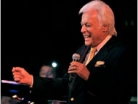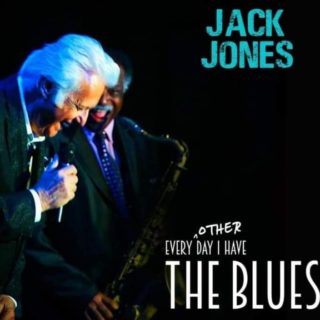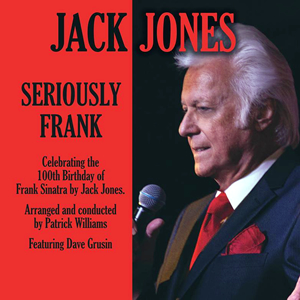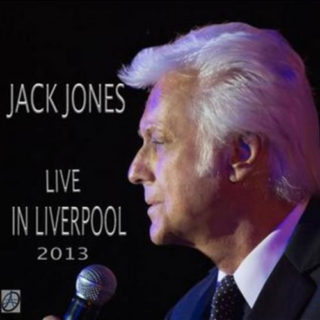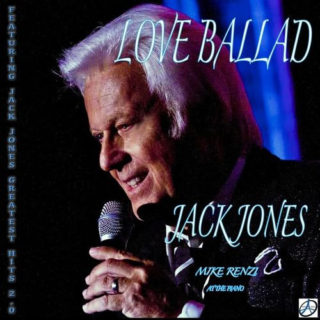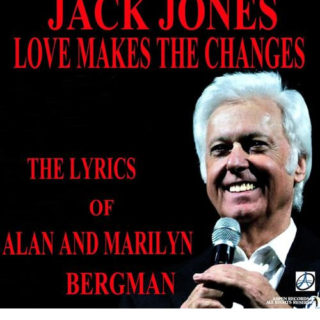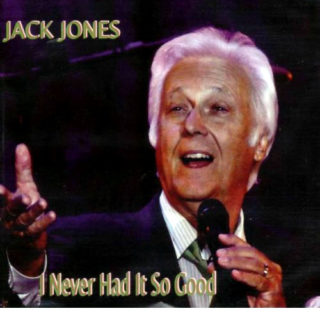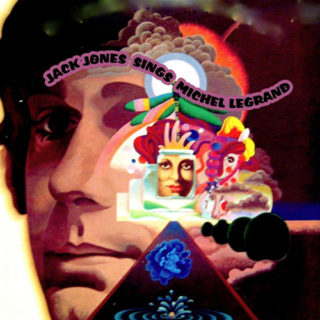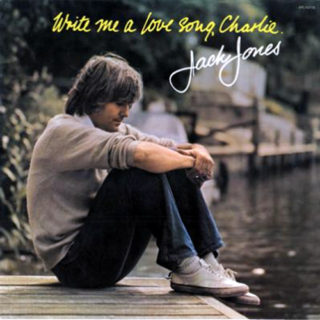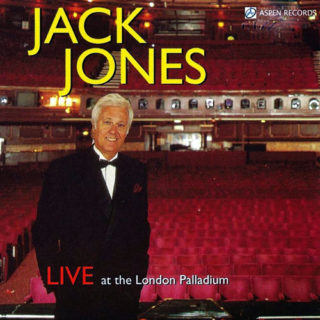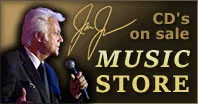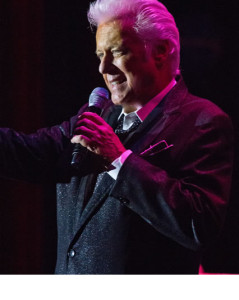
It’s sad to watch so many aging bobbysoxers, disc jockeys, worshipers and apologists for Frank Sinatra still mourn over the loss of the man they call the last great singer in history, like he was the world’s last tax exemption. Get over it. Ol’ Blue Eyes has left the room, the building and the planet. But there are a few great male vocalists left, honoring the Sinatra tradition by singing warm and swinging standards from the archives of the American Popular Songbook. One of them is making a rare appearance right now. I’m talking about Jack Jones, at the august Algonquin’s famous Oak Room through June 11. Here is a man who knows all the right changes and all the perfect chords from most of the historic classics ever written, with the intelligence to interpret lyrics in ways that surprise and thrill even the most jaded listener. He can also swing.
I’ve seen and heard him countless times, but this exclusive engagement?his Algonquin debut?is the first time I’ve ever heard him work with the intimacy of a jazz trio in a hushed and reverent room where people actually come to listen. There’s a lot to listen to. Nearing 70, he may not be the glamour boy with the wax tonsils he once was when he acted in movies and played the posh hotel ballrooms to mobs of screaming women standing on their chairs and passing out on the Aubusson carpets. But if he lacks Sinatra’s drama and electricity (not to mention the nervous terror with which he held his audiences hostage, fearing what controversial thing he might do next), he makes up for it with pure musical polish and know-how.
Elegantly sartorial, he loosens his tie and throws off his jacket, tossing it across the grand piano, before launching moodily into a hair-raising juxtaposition of “You’ve Changed” and “Round Midnight” that reduces the room to open-mouthed, closed-eyed ecstasy. His snow-thatched hair may be an unmistakable sign of the passage of time (no Grecian Formula for this comfortable performer, who has lived some and liked it), and his voice is unquestionably huskier (and sometimes hoarser) than it once was, but the Jones boy has forgotten nothing about how to sing. He’s a mint-condition golden oldie, and the younger generation of wannabes could learn a lot about performance artistry by watching him move and opening up their ears. A lot of young singers were packing the room on opening night, so I guess they’re getting the message. Like Vic Damone, Steve Lawrence and Tony Bennett, Mr. Jones is one of the few legitimate teachers left who knows how to wrap his chops around a song and leave it sung for all time.
The show has the kind of loosely constructed “theme” that New York cabaret bookers find obligatory these days?a file of boy-meets-girl, boy-gets-girl, boy-loses-girl songs that illustrate the ups and downs of a love affair. But this totally unnecessary hook is just a gimmick to tie loose strings together with enough changes of mood, style and tempo to illustrate the various skills and techniques that have turned Mr. Jones into a master of the art of popular singing. Love songs have been his stock in trade for decades, so it isn’t surprising that without the strings and the brass he can still turn Rodgers and Hart’s “Bewitched, Bothered and Bewildered” and Hoagy Carmichael’s “The Nearness of You” into classics of commitment and romantic intimacy. He touches on his own hits, like “Wives and Lovers,” which once enraged feminists but now gets a round of applause when he swipes at Gloria Steinem and vows to keep performing it until he dies, and “I Am a Singer,” which I could do with a lot less of. Most of the time, however, it’s the creamy voice we grew up listening to, enhanced by the kind of life experiences that add range and dimension (four marriages, obvious heartbreaks and a lot of bills). The timbre in Antonio Carlos Jobim’s gorgeous Brazilian bossa nova aria “Useless Landscape” is something you will not hear on the old recordings.
Much of the act is devoted to songs from his last CD, an exquisite tribute to Tony Bennett, who was also in the audience on opening night, smiling with approval. With the excellent West Coast pianist Tom Garvin providing lush chords for him to swing in, it’s amazing how much jazz comes out of Mr. Jones in this relaxed setting. He might not be universally regarded as a jazz singer, but like Mel Torme, he’s always been rooted in the dark riverbank soul of jazz. On the improvisational mid-section of “Round Midnight,” he uses his voice like a muted trumpet, and on up tunes like Frank Loesser’s “I’ve Never Been in Love Before,” he sometimes sings behind the beat, sometimes out front and leading it.
At all times, he says the lyrics, bends the words and finds the emphasis that brings more than ordinary emotion to the wonderful popular songs of our time. He has an astounding control of his instrument?and what a voice it is, rooted in jazz, yet moving beyond it in the tradition of show-business veterans like Sammy Davis Jr. and, yes, even Sinatra. Alas, this eclectic mix of pure emotional beauty and blunt razzle-dazzle can backfire. Listening to the surprises he saves for Stephen Sondheim’s “Not While I’m Around” is worth the trip to the Algonquin. You are ready to go home sated. Then, out of nowhere, near the end of the act, he deserts the thematic material to sing and act out passages from Man of La Mancha, belting out “The Impossible Dream”! This ossified relic may serve the purpose of showing off a singer’s lung power, but it’s the kind of noisy intrusion that would make it the one cut on a CD I’d skip over every time?and if I never hear it again, it will be too soon.

